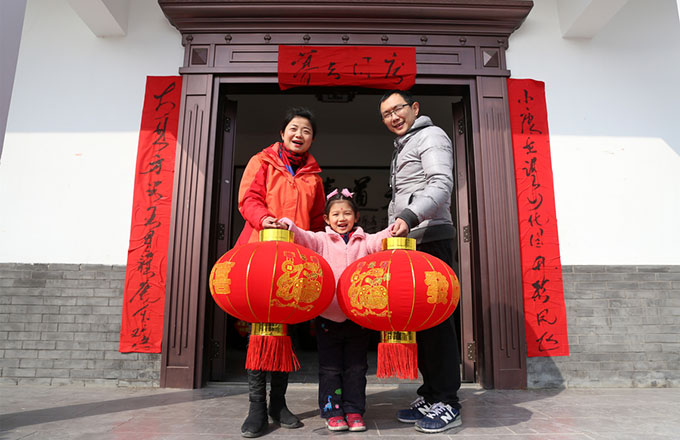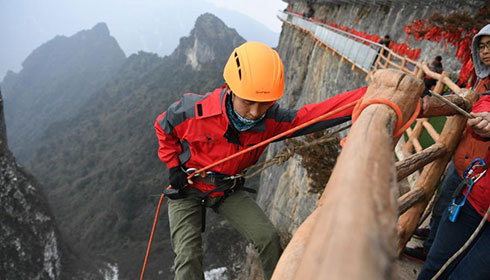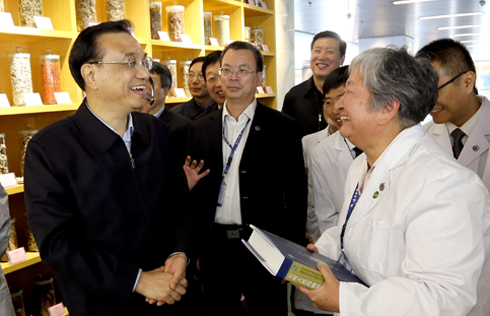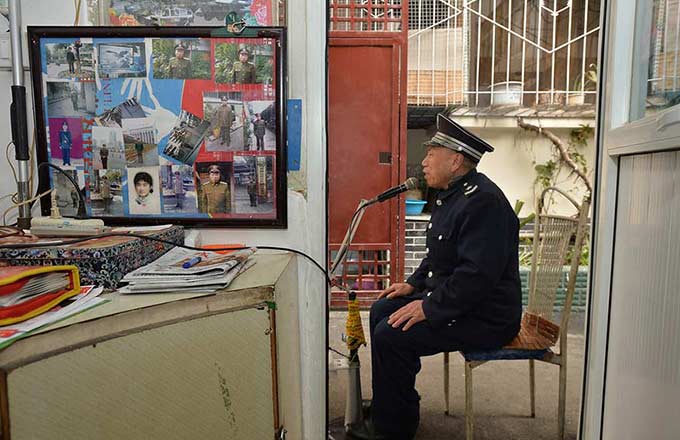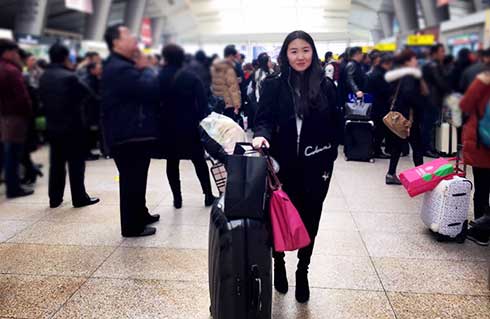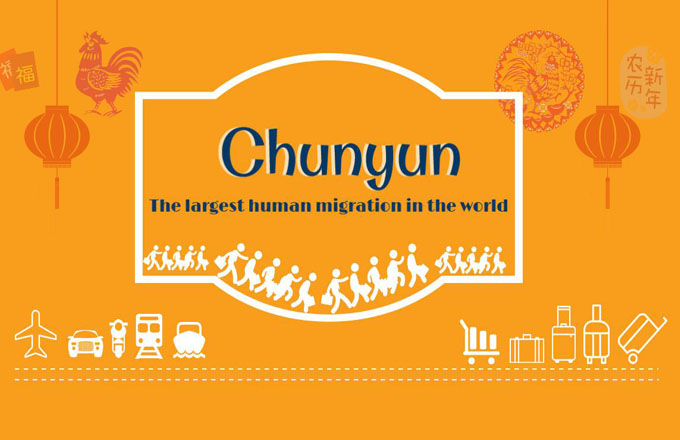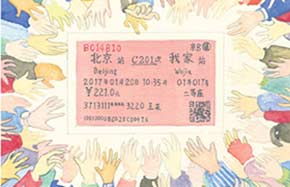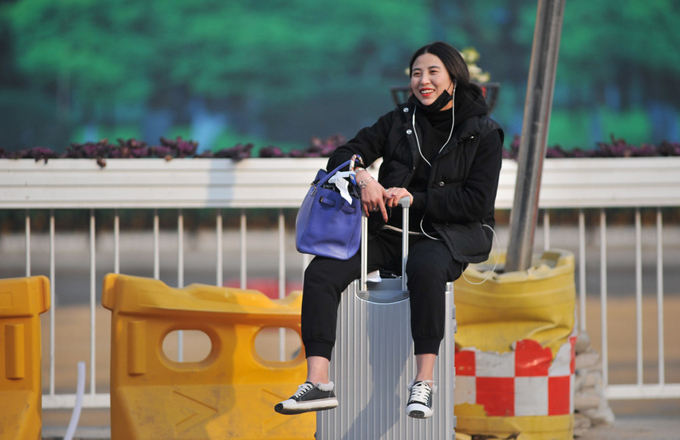China encourages private investment in education
BEIJING - The State Council, China's cabinet, has issued a guideline on private education.
Private institutes should reinforce the leadership of the Communist Party of China, and they should cover socialist core values throughout their curriculum and increase teacher and student confidence in the guiding theories, political system and culture of the country, said the guideline.
The guideline said investment into private education should be made easier, and there should be multiple channels from which private schools can source funding.
Li Xiaohong, vice minister of education, said Wednesday that there should be no restrictions on non-governmental investment in education, as long as the investment adheres to laws and regulations, and it is not detrimental to third-party interests, public interests or national security.
In order to encourage private education attendance, students will be able to access the same student loans, scholarships and other state aid as those who attend state schools, Li said.
Funds, including government allowances, procurement services, student loans and philanthropic scholarships, will be also be made available to the private education sector.
In addition, private schools should raise the quality of both education and management.
Local education departments must release standards in accordance with local conditions to improve private education.
Two related rules released on Wednesday also noted that social organizations and individuals are allowed to run for-profit private institutions of higher learning, senior high schools, professional high schools and kindergartens. They are not allowed, however, to run for-profit private primary schools and junior high schools, said the rules jointly published by the Ministry of Education and several other agencies.
By the end of 2016, China had 171,000 private schools, 8,253 more than that a year ago, with more than 48.25 million students, 2.54 million more than in 2015.
Private institutes should reinforce the leadership of the Communist Party of China, and they should cover socialist core values throughout their curriculum and increase teacher and student confidence in the guiding theories, political system and culture of the country, said the guideline.
The guideline said investment into private education should be made easier, and there should be multiple channels from which private schools can source funding.
Li Xiaohong, vice minister of education, said Wednesday that there should be no restrictions on non-governmental investment in education, as long as the investment adheres to laws and regulations, and it is not detrimental to third-party interests, public interests or national security.
In order to encourage private education attendance, students will be able to access the same student loans, scholarships and other state aid as those who attend state schools, Li said.
Funds, including government allowances, procurement services, student loans and philanthropic scholarships, will be also be made available to the private education sector.
In addition, private schools should raise the quality of both education and management.
Local education departments must release standards in accordance with local conditions to improve private education.
Two related rules released on Wednesday also noted that social organizations and individuals are allowed to run for-profit private institutions of higher learning, senior high schools, professional high schools and kindergartens. They are not allowed, however, to run for-profit private primary schools and junior high schools, said the rules jointly published by the Ministry of Education and several other agencies.
By the end of 2016, China had 171,000 private schools, 8,253 more than that a year ago, with more than 48.25 million students, 2.54 million more than in 2015.




